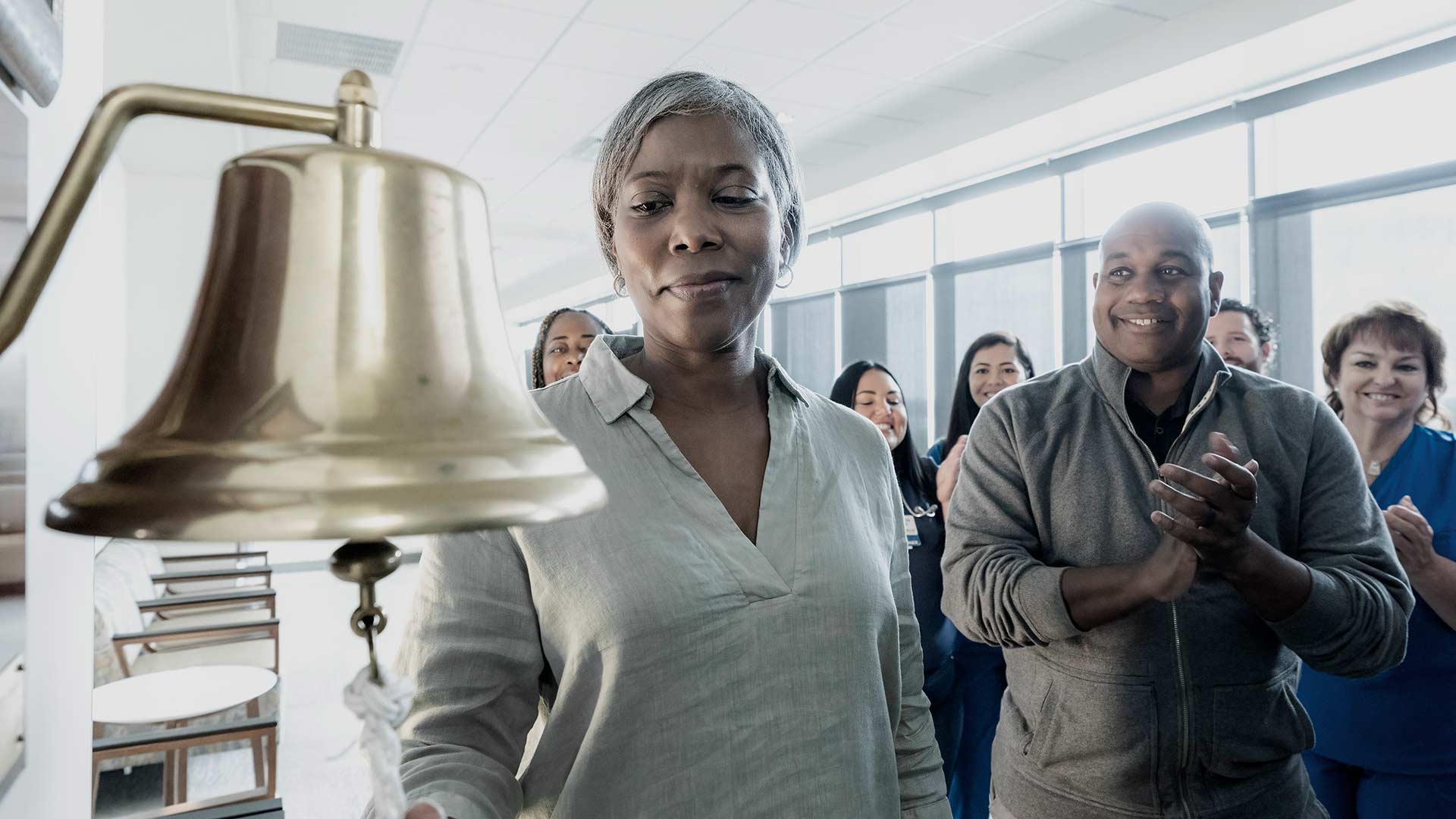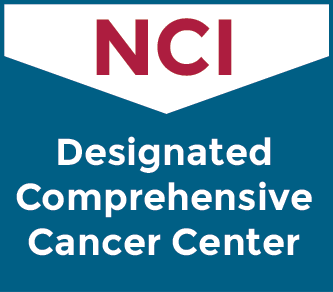Nine Colon Cancer Symptoms You Should Not Ignore
Colon cancer symptoms differ from person to person depending on the tumor’s location, size, and stage. Additionally, the presence of symptoms does not always indicate cancer, as some signs can be linked to other health conditions. For this reason, it’s crucial to seek advice from a cancer specialist if you experience any of the following symptoms.
What are the Symptoms of Colon Cancer?
Persistent Diarrhea: Continuous episodes of loose, watery stools that do not resolve after a few days may indicate a change in bowel health, which could be linked to colon cancer.
Chronic Constipation: Difficulty in passing stool or infrequent bowel movements that persist over an extended period could be a sign of an obstruction in the colon caused by a tumor.
Blood on the Surface of the Rectum: The presence of bright red blood on the rectum’s surface after a bowel movement may be an indication of rectal bleeding, which could be linked to colon cancer.
Blood in the Stool: Stool that appears dark or tar-like may contain blood, which can be a sign of internal bleeding in the gastrointestinal tract.
Passing Thin, Ribbon-Like Stools: A noticeable change in stool shape, such as unusually thin stools, could be a sign of an obstruction or narrowing in the colon.
Persistent Urge to Have a Bowel Movement: A constant sensation of needing to pass stool, even when the bowels are empty, can indicate irritation in the rectum or colon.
Inability to Completely Empty the Bowels: Feeling as though the bowels are not fully emptied after a bowel movement might point to a blockage or tumor in the colon.
Cramping or Bloating in the Abdomen: Persistent abdominal discomfort, cramping, or bloating that does not subside could be related to changes in bowel habits caused by colon cancer.
Unexplained Weight Loss or Fatigue: Sudden weight loss without changes in diet or exercise, coupled with persistent fatigue, could be a warning sign of cancer, as the body’s energy is being diverted to fight the disease.
Know when to get screened for colon cancer
The U.S. Preventive Services Task Force (USPSTF) recommends that all adults ages 45 to 75 receive regular colorectal cancer screenings. Those at increased risk of colon cancer should receive screenings earlier than age 45. This includes individuals that:
- Have a first degree relation to someone diagnosed with colorectal cancer. For these individuals it is recommended that screening begin at an age 10 years prior to the relative's age when they were diagnosed. For example, if your father was diagnosed at age 50 with colorectal cancer, you should begin screenings at age 40.
- Have inflammatory bowel disease, such as Crohn’s disease or ulcerative colitis
- Have been diagnosed with familial adenomatous polyposis (FAP) or Lynch syndrome
If you are at increased risk, speak to your doctor about when you should begin colon cancer screenings and which test is the right option for you.
What are colon cancer symptoms in women?
While colon cancer symptoms are generally similar for men and women, women may sometimes overlook symptoms as they are similar to those experienced during menstruation, menopause, or common gastrointestinal issues. Women should be aware of the following potential warning signs:
Abdominal Discomfort: Persistent cramping, bloating, or abdominal pain that does not coincide with the menstrual cycle could be a sign of colon cancer.
Changes in Bowel Habits: Irregular bowel movements, constipation, or diarrhea that lasts more than a few days should not be dismissed as normal digestive issues.
Unexplained Fatigue: Feeling unusually tired or lethargic without an obvious cause could signal an underlying issue, including colon cancer.
Rectal Bleeding or Blood in Stool: Blood from the rectum or present in stool is never normal and should be evaluated.
Unexplained Weight Loss: If you’re losing weight without trying or noticing a decrease in appetite, this could be a red flag for cancer.
Women should stay vigilant and prioritize regular screenings, as early detection significantly increases the likelihood of successful treatment.
Colon cancer survival rates
Advancements in colon cancer detection and treatment have led to improved survival rates over the years. Survival rates vary depending on the stage of the cancer at diagnosis, with earlier stages having higher survival rates.


Colorectal Cancer Outcomes Double the National Average
OutcomesWhat should I do if I have colon cancer symptoms?
If you have one or more of the colon cancer symptoms mentioned above, promptly schedule an appointment with a physician who can assess your symptoms and provide you with an accurate diagnosis. For these services, many individuals across the country choose to come to Moffitt Cancer Center. In a single, convenient location, Moffitt offers a full spectrum of diagnostic services to patients with colon cancer. If a diagnostic test does confirm the presence of colon cancer, you will have access to a multispecialty team that focuses exclusively on colon cancer and other gastrointestinal malignancies, as well as a wide range of helpful supportive care specialists.
To discuss your colon cancer symptoms with a Moffitt physician, call 1-888-663-3488 or complete a new patient registration form. Referrals are not required to come to Moffitt.
 The Only Florida-based NCI-designated Comprehensive Cancer Center
The Only Florida-based NCI-designated Comprehensive Cancer Center
Recognized for its scientific excellence, Moffitt is the only National Cancer Institute-designated Comprehensive Cancer Center based in Florida.
